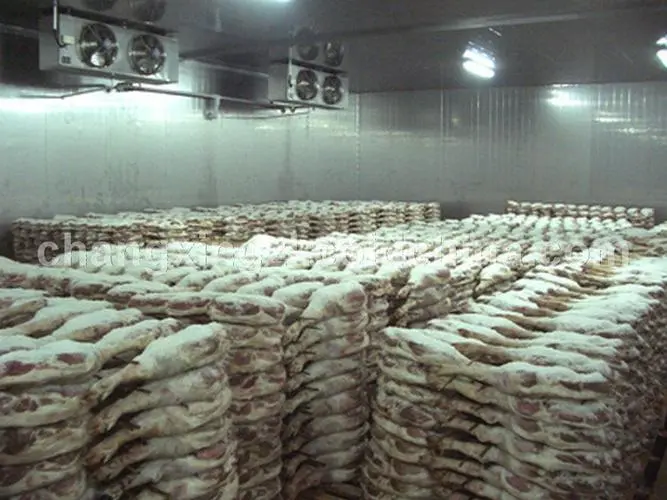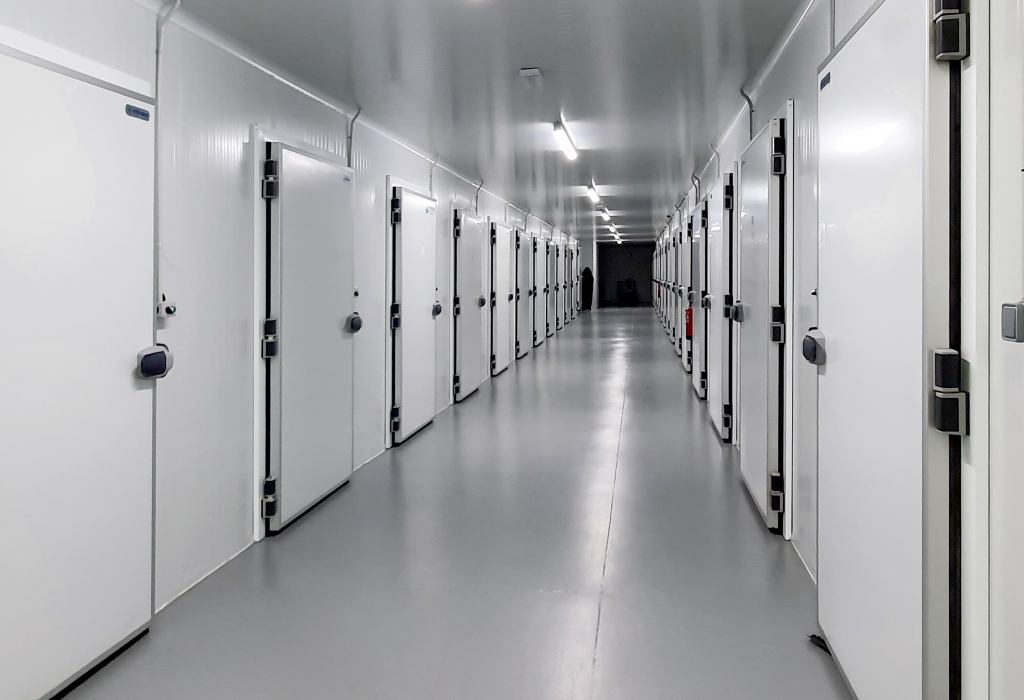High-Quality Cold Room Panel Disposal Solutions Reliable Manufacturers & Companies
- Introduction to cold room panel
and its significance in modern storage solutions - Key technical features and innovations in cold room panels
- Environmental considerations and the challenge of panel disposal
- Market analysis: Global manufacturers and disposal companies overview
- Custom cold room panel solutions for unique business requirements
- Case studies: Real-world applications and measurable benefits
- Summary: The future outlook of cold room panel technology and disposal

(cold room panel)
Revolutionizing Storage: The Role of Cold Room Panel
Cold room panels have become critical in temperature-controlled storage systems for numerous sectors including food processing, pharmaceuticals, chemicals, and logistics. These insulated panels are designed to create and maintain consistent, controllable environments, safeguarding product quality and extending shelf life. Recent industry data indicates that the global cold storage market size was valued at over $120 billion in 2022, projected to register a CAGR of 13.5% between 2023 and 2028. Such exponential growth is fueled by heightened regulations, evolving consumer expectations for food safety, and the expansion of perishable goods commerce.
The core construction of a cold room panel typically combines rigid polyurethane (PU) foam with metal facings, ensuring both insulation efficiency and structural durability. Their ability to minimize thermal bridging and energy loss positions them as a preferred choice for new builds and retrofits. Moreover, innovations in vapor barrier technology and joint sealing methods contribute significantly to performance, making high-specification cold room panels essential for modern businesses aiming to meet strict temperature control standards.
Technical Advancements and Performance Metrics
The technical features of cold room panels have evolved dramatically with advancements in insulation materials, fire safety standards, and environmentally friendly manufacturing processes. Cutting-edge panels now boast thermal conductivity values as low as 0.021 W/m·K, ensuring exceptional energy conservation. The use of high-density polyurethane and polyisocyanurate (PIR) cores enhances dimensional stability, offering superior resistance to water absorption, mold growth, and wall deformation—critical factors in hygiene-focused applications.
Another important innovation is the integration of camlock or tongue-and-groove jointing systems, which streamline installation while maximizing air tightness. Additionally, specialized coatings on the panel facings offer resistance to corrosion and chemical exposure, thereby prolonging service life. The impact of such technical advancements is clear: energy savings can reach up to 30% compared to traditional cold storage constructions, with routine maintenance requirements significantly reduced over the operational lifespan of the facility.
Disposal Challenges: Sustainability and the Role of Disposal Manufacturers
As the industry scales, an increasing volume of end-of-life cold room panels is entering the waste stream, raising critical questions about disposal and environmental impact. Historically, discarded panels have ended up in landfills due to the difficulty of separating foam cores from metal facings, alongside potential contamination from refrigerants or other chemical residues. Recent surveys show that annually, over 60,000 tons of insulated panels are retired in the EU alone, highlighting a significant sustainability challenge.
Cold room panel disposal manufacturers are pursuing innovative recycling methods—mechanical, chemical, and thermal. Mechanical recycling separates and processes the metal skin, while thermochemical solutions attempt to recover both the foam and the facings. Some pioneering enterprises have succeeded in converting reclaimed foam into useable polyols, closing the loop for future insulation production. This shift is supported by regulatory moves in both the US and Europe, where extended producer responsibility (EPR) schemes promote recycling and penalize landfill disposal.
Progressive cold room panel disposal companies are also offering tailored take-back programs and on-site disassembly services, facilitating responsible lifecycle management for panels and optimizing the recovery of reusable materials.
Industry Comparison: Manufacturers and Disposal Companies
A comprehensive and comparative analysis helps stakeholders select the most appropriate manufacturer or disposal partner. Distinguished cold room panel manufacturers often offer warranties exceeding 25 years, provide bespoke design and engineering services, and achieve ISO 14001 certification for environmental management. Disposal companies, on the other hand, differentiate by recovery rates, processing methods, and sustainability certifications.
The table below provides a comparative overview of prominent players in both manufacturing and disposal, based on public market data, sustainability reports, and customer feedback.
| Company Name | Type | Key Markets | Production Capacity (sqm/year) |
Disposal Capacity (tons/year) |
Recycling Rate | Green Certification | Service Warranty |
|---|---|---|---|---|---|---|---|
| Isoform Panels Inc. | Manufacturer | EU, Middle East, North America | 2,500,000 | N/A | N/A | ISO 14001, LEED Platinum | 30 years |
| PanelCycle Solutions | Disposal Company | Europe, APAC | N/A | 12,000 | 81% | EU Ecolabel | Recycling guarantee |
| CoolSpace Technologies | Manufacturer | Global | 1,800,000 | N/A | N/A | BREEAM, ISO 50001 | 28 years |
| EcoPanel Disposal Ltd. | Disposal Company | UK, Germany | N/A | 8,000 | 68% | Green Seal Certified | On-site service coverage |
| FrostGuard Panels Corp. | Manufacturer | USA, Canada | 950,000 | N/A | N/A | EPA ENERGY STAR | 25 years |
Customized Solutions for Cold Room Panel Lifecycle Management
Customization in cold room panel systems extends well beyond the initial purchase and installation. Forward-thinking cold room panel disposal manufacturers now engage clients from the earliest project design stages, advising on panel specifications that maximize recyclability or facilitate future material recovery. For example, manufacturers can design panels with detachable joints and eco-friendly adhesives, simplifying the end-of-life separation and recycling process.
In the aftermarket phase, some disposal companies provide modular refurbishment services, upgrading site panels by replacing damaged sections rather than decommissioning entire assemblies. Companies serving food logistics operators have developed tailored service packages that include biannual panel performance audits, predictive maintenance, and take-back programs. This holistic approach not only reduces operational disruption but also aligns corporate clients with evolving environmental compliance targets.
Real-World Applications: Case Studies in Efficiency and Sustainability
Across industries, effective cold room panel solutions translate into tangible business results. In 2021, a multinational seafood exporter in Norway overhauled 12,000 sqm of legacy panels in its primary storage hub, partnering with a local cold room panel disposal manufacturer. By recycling over 85% of outgoing panels and installing next-generation, high-efficiency alternatives, the company achieved a documented 28% decrease in annual energy consumption and eliminated over 200 tons of landfill-bound waste.
Another case in North America involved a pharmaceutical logistics hub integrating modular cold room panels designed for rapid reconfiguration and end-of-life recovery. With input from panel disposal companies, the project achieved LEED Gold certification and a panel recycling rate of 76% upon the facility’s upgrade. Across both examples, seamless collaboration between cold room panel disposal companies, manufacturers, and clients delivered not only regulatory compliance but material advantages in operational cost and sustainability metrics.
The Future of Cold Room Panel Disposal: Trends and Outlook
The cold room panel industry is evolving rapidly, driven by advancements in material science, stricter environmental regulations, and a growing network of innovative disposal manufacturers. Over the coming years, we can expect to see a continued push towards circular economy principles, with cold room panel disposal companies taking on increasingly vital roles as partners in sustainable growth.
By integrating advanced recycling systems, eco-friendly design, and comprehensive take-back programs, the industry’s leading players are setting new benchmarks in both operational excellence and environmental stewardship. These strategic moves not only advance waste reduction but also offer measurable value to end-users, confirming that the future of cold room panel technology—and its disposal—lies firmly in scalable, sustainable, and client-oriented solutions.

(cold room panel)
















































































































